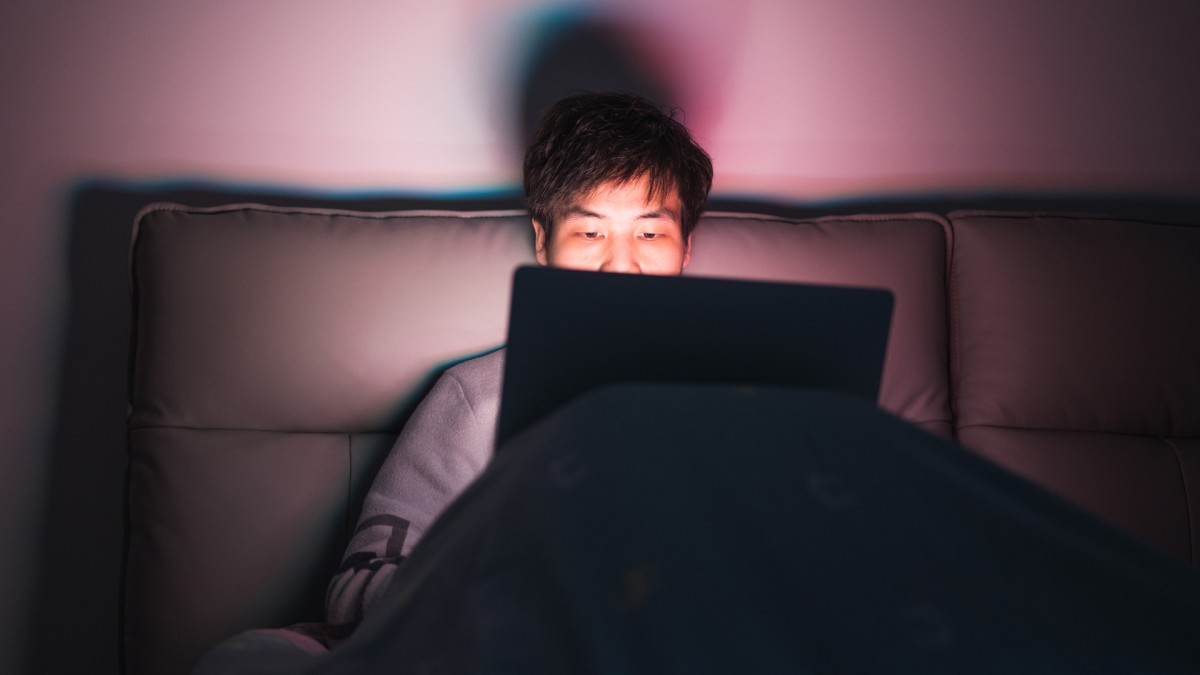
Sticking to a constant bedtime is not at all times simple. Nights out with mates and binge-worthy TV exhibits are extremely tempting, and normally value dropping slightly shuteye for, if we’re being sincere. However for those who make a behavior of staying up late, it might influence how you are feeling greater than you would possibly notice. New analysis means that usually burning the midnight oil might wreak havoc in your psychological well being.
The research, from the College of Surrey, discovered that evening owls, or “night chronotypes,” are inclined to expertise extra depressive signs in comparison with early birds, also called “morning chronotypes.”
“A late chronotype—also called ‘eveningness’ or being a ‘evening owl’—is a organic tendency to choose to be energetic within the night, and sleep and get up later,” lead researcher and cognitive neuroscience lecturer Simon Evans, PhD, informed BBC Science Focus. “Chronotype has a genetic foundation, so being an evening owl is a pure organic tendency.”
To gather their information, researchers invited 546 college college students to finish a questionnaire. The questions coated every thing from members’ alcohol use and sleep patterns to mindfulness and ranges of tension and despair.
Associated: Combining These Two Widespread Dietary supplements Is the Final Trick for Unlocking Larger Beneficial properties and Higher Efficiency
The research established that the people with later sleep habits not solely bought worse sleep however had been additionally at greater threat of growing despair.
This isn’t the primary time evening owls have been linked to a better threat of despair. A 2012 research led by a Johns Hopkins biologist discovered that staying up late might contribute to each despair and studying difficulties. Researchers found that publicity to vivid gentle at evening—whether or not from screens or synthetic lighting—disrupts sleep and negatively impacts psychological well being.
“Principally, what we discovered is that persistent publicity to vivid gentle—even the sort of gentle you expertise in your individual lounge at residence or within the office at evening in case you are a shift employee—elevates ranges of a sure stress hormone within the physique, which leads to despair and lowers cognitive operate,” Samer Hattar, PhD, an investigator within the biology division at Johns Hopkins College, stated in an announcement.
If you wish to mitigate the signs of despair, Evans suggests specializing in bettering your sleep high quality. This might embrace decreasing gentle earlier than mattress, meditating, or sticking to the identical sleep schedule each evening.







